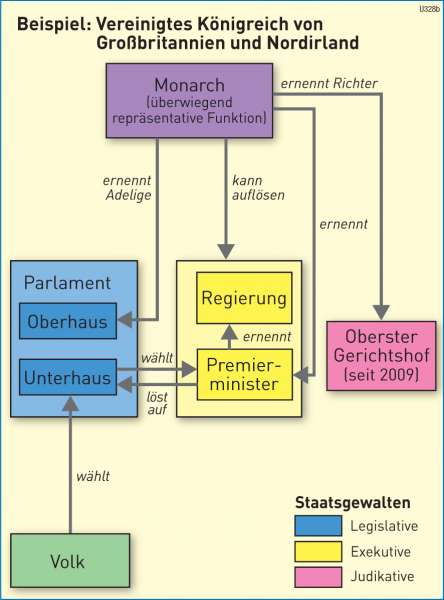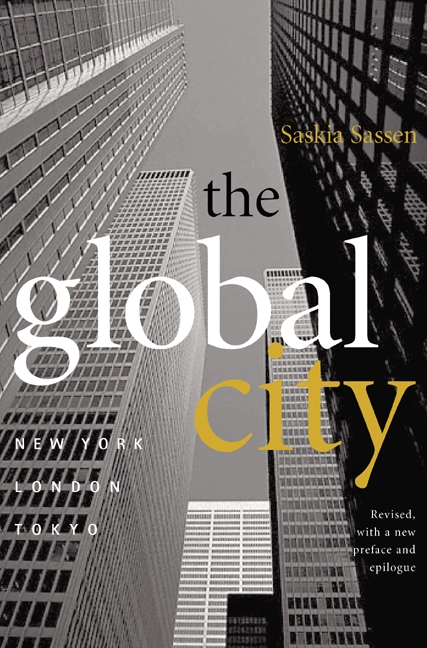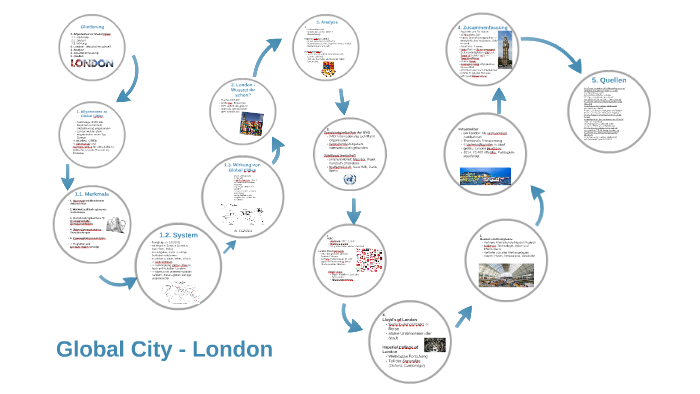
Secondly, there is an exploration of how the students adopt bidialectal identity positions to contrast the ‘posh’ (standard English) practices of the academic community with the ‘slang’ (vernacular English) language practices of their peers. It identifies three key ways in which the students adopt multilingual identity positions in the academic community, showing how these allow the students to display weaker to stronger affiliation to heritage languages in the setting. Firstly, there is a consideration of how the students position their heritage languages in relation to English. The paper considers how the students negotiate multilingual and bidialectal identities within the context of an academic writing programme regarded as providing English language remediation.

All students are British born and educated and from working-class families.

This paper examines linguistic diversity among minority ethnic undergraduate students categorised as from widening participation backgrounds in a new university in London. These issues will be examined in this chapter. This negative identity ascription was resisted by the adoption of other more powerful identities, not all of which were conducive to the scholarly enterprise. This ‘ascribed’ identity (Blommaert 2006) troubled the participants’ identities, as a person worthy of a place in higher education, by stigmatising their linguistic repertoires and categorising them as in danger of failure. Informed by ‘language-as-problem’ (Ruiz 1984), the institution erased the multilingual capital in their midst and positioned those on the academic writing programme as in need of English language remediation. In the case discussed in this chapter, institutional discourses framed linguistic diversity as a ‘problem’ to be fixed rather than ‘resource’ to be used.


Illustrated with data from my study of the identities of multilingual undergraduate students on an academic writing programme in a university in London (Preece 2009), I argue that learning the language and literacy practices of the academic community involves ‘power and identity’ (Morgan 2002: 12). This chapter examines what happens to the identities of working-class linguistic minority students when their linguistic practices come into contact with those of the ‘academic tribes’ (Becher and Trowler 2001) that they seek to join.


 0 kommentar(er)
0 kommentar(er)
